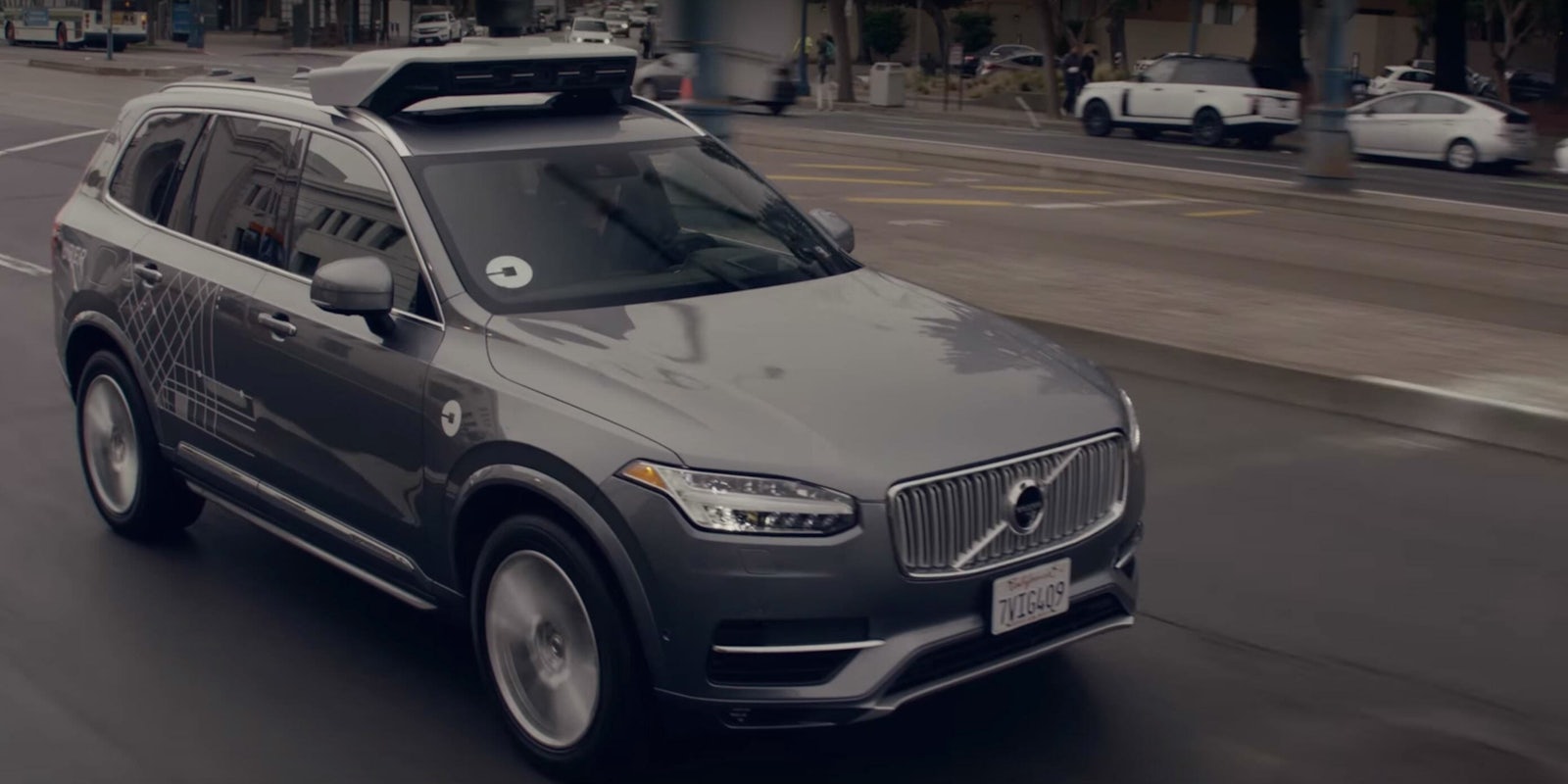Uber bought 24,000 mid-size SUVs from Volvo Monday, accelerating its efforts to offer a self-driving on-demand service before its rivals.
The ride-hailing giant’s announcement marks the latest development in a partnership that formed last year. Since teaming with Volvo, Uber has worked with third-party companies to develop in-house autonomous software that can be added to Volvo XC90 vehicles. The Swedish automaker said the two companies will pool more than $300 million to produce fully autonomous cars.
“Everything we’re doing right now is about building autonomous vehicles at scale,” Jeff Miller, Uber’s head of automotive alliances, told the New York Times. “We don’t exactly know how an autonomous world will look. But we know that we want to be the platform that is at the center of it, from a ride-sharing standpoint.”
XC90s are priced at $46,900 at U.S. dealers and will be delivered between 2019 and 2021. Once delivered, Uber will add sensors and software to enable full self-driving capabilities. The goal is to replace human drivers, decreasing one of its biggest costs, a problem that is only getting worse as governments force Uber to pay minimum wage.
Uber will start augmenting the XC90s in 2019, but it’s not clear when it plans to launch a level 5 autonomous on-demand service. Even if Uber can outfit Volvo cars with the required technology, it will still need to gain permits to operate its fleet. It was already threatened with “legal action” late last year by the California Department of Motor Vehicles after failing to pay $150 for a license to test and operate self-driving vehicles in San Francisco.
The company will need to be more flexible if it plans to win the race to self-driving cars. The competition is unprecedented, with traditional automakers like Ford, GM, and BMW—as well as tech powerhouses including Google, Baidu, and Lyft—all competing to bring autonomous vehicles to the streets.
Uber says it will include autonomous vehicles from other automakers. The company struck a deal with Daimler earlier this year, but unlike the Volvo partnership, the German automaker will own and operate all Mercedes driving on Uber’s network.


